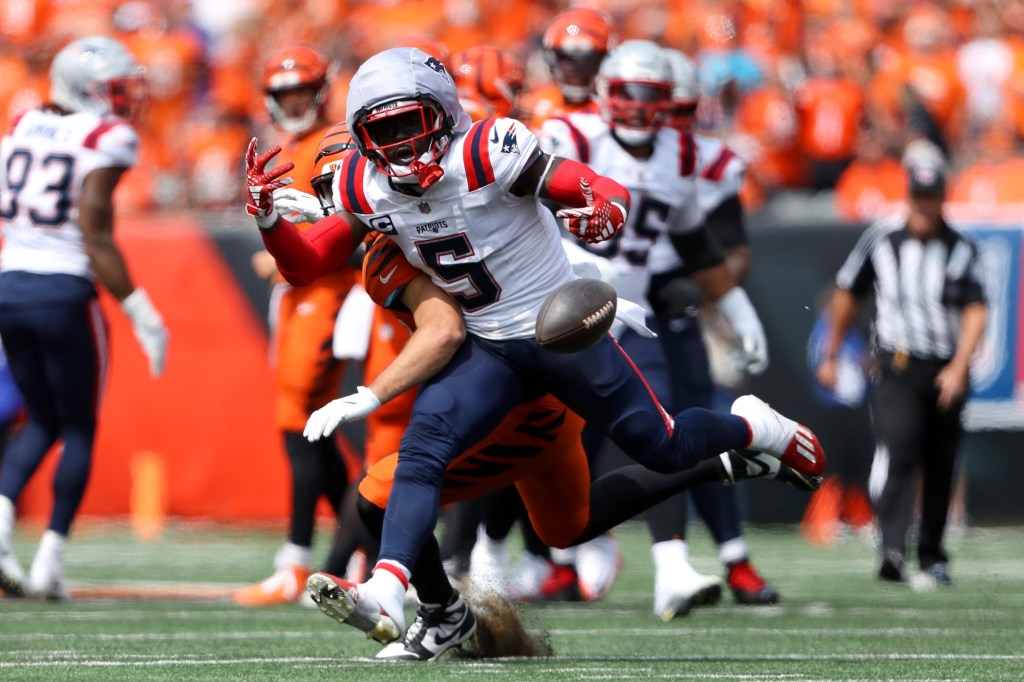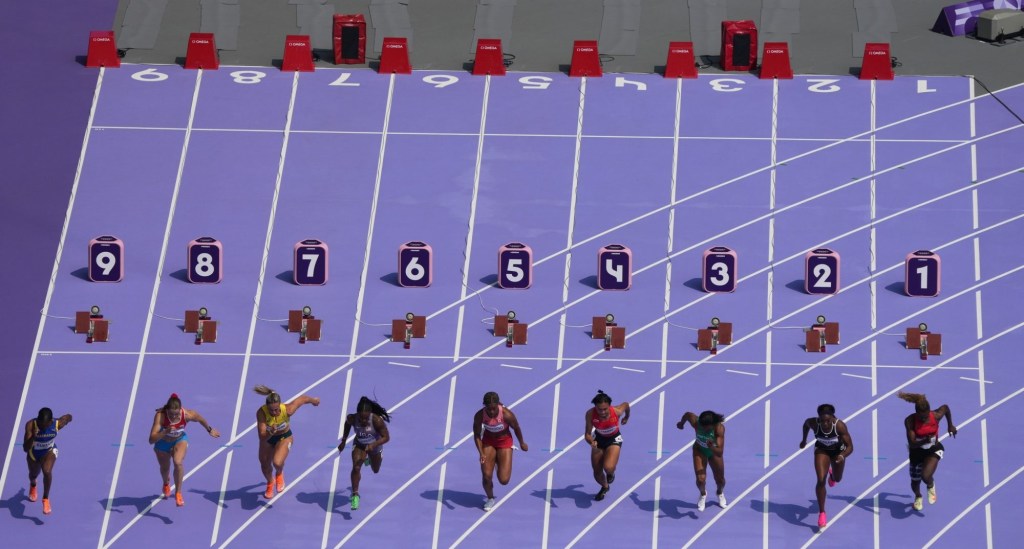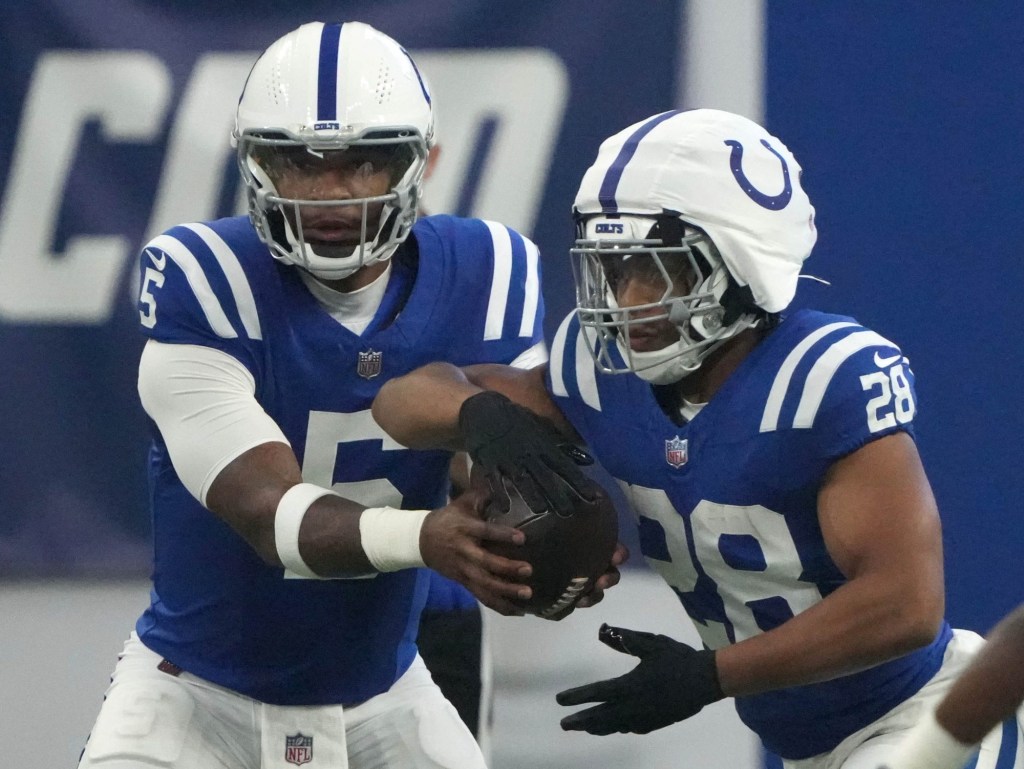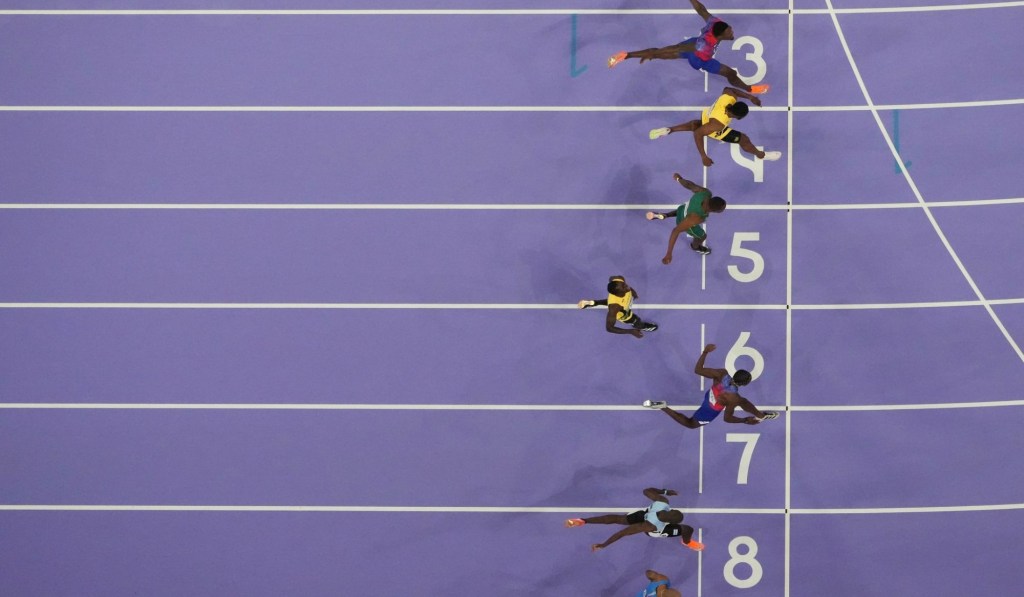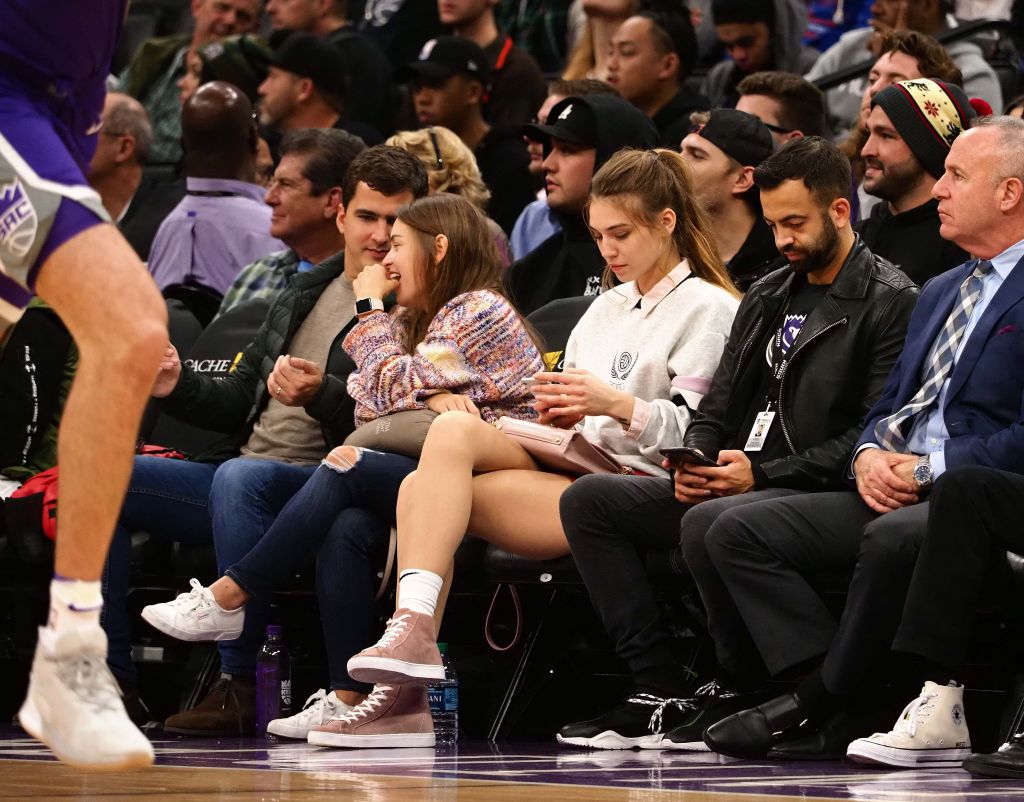

The Sacramento Kings have been at the forefront of many technology trends in sports, especially when it comes to cryptocurrency and blockchain innovations.
In 2014, the Kings became the first professional sports team to accept bitcoin as a payment option – and remain one of the few as others look toward ways to integrate blockchain technology in a worthwhile way. The team also mines cryptocurrency in its data center and earlier this year announced a new blockchain-powered rewards program with Blockparty.
There’s no reason to believe the team will slow down, either, as the team’s ownership group is full of innovative business executives, including owner Vivek Ranadivé, said Ryan Montoya, the Kings chief technology officer. It’s also largely because they’re not worried about what other teams are doing first.
“We have a very tech-savvy ownership group and innovation is a given; it’s part of our DNA,” Montoya said. “As an organization, any organization, you should always be focused on how to disrupt yourselves before you’re disrupted.”
Montoya said the initial acceptance of bitcoin was a success – at the time bitcoin was valued at $800, far less than $8060 as of November 20. With “amazing adoption,” Montoya said a website with 30 products at different levels from hats to court-side seat experiences, the items were gobbled up.
“People from all over the world were buying Kings jerseys, tickets, different Kings gear,” he said. “They were super excited that this team was accepting Bitcoin; the blockchain community. We even put a bitcoin ATM in the arena.
“Then the bitcoin price went up to $1,200 and they quit spending the bitcoin.”
He said there are still season ticket holders who pay in Bitcoin.
While sales using Bitcoin cooled off significantly, the brief period of success showed one thing to the Kings organization: there will be a digital currency. Montoya said he’s confident the organization will continue to lead the way in implementing blockchain technology in the sports ecosystem.
“We have to be prepared and embrace it,” Montoya said. “We’re going to continue to deploy and do interesting things.”
That belief is key to a major goal of the organization – removing friction from the fan experience.
As part of that strategy, Golden 1 Center opened a checkout-free store in partnership with Zippin.
While Bitcoin’s value can make it a bit prohibitive for purchasing, the blockchain technology can be used to create value for fans. That’s where this year’s Blockparty partnership comes into play. The rewards program is an enhancement on the NBA’s “Call the Shot” predictive gaming app. It essentially serves as a precursor to sports betting which isn’t currently legal in California.
Along with accepting Bitcoin as a payment option and a blockchain-based rewards program, the Kings want to take another step to recognize that the technology is here to stay. Montoya said that means the team is taking a role in educating future generations. Education is the main reason the team started mining cryptocurrency in their data center. The mined currency heads to local workforce development efforts as MiningForGood.
“We utilize that to engage the community and teach the youth about STEM education and the importance of blockchain,” Montoya said. “Students of Sacramento should not be exposed to it 10 years from now, they should understand now that it’s a cool piece of technology and powering these things in the arena.”
The Kings are also bringing the digital world to the real world, as the team partnered with CryptoKaiju, which is traceable vinyl toys powered by vinyl toys. The team is running interactive scavenger hunts throughout the season for 100 limited-edition Kaiju toys connected to exclusive experiences, including 15 rare toys with items like courtside seats and VIP tours.
“Crypto-collectibles is perfect for tech-savvy sports fans and we expect as the popularity in these tokens increases, it will soon be the norm for sports teams to release their collectibles that link physical and digital, so it is a privilege to be at the forefront of this movement,” CryptoKaiju founder Oliver Carding said.
Montoya said the Kings have been mostly successful in the innovations they’ve implemented through the years, whether that has been through gaining insights, making fan experiences better or bringing in revenue. Part of that he credits to the “most tech-savvy ownership group in the NBA,” but also the city’s fans.
“Our fans are very savvy. For example, the soft launch of the checkout-free store. People instantly knew what it was and didn’t take a lot of explaining,” he said. “Fans are pretty smart, they may not use the technology every day, but so long as you make it easy to use, they’ll utilize it.”

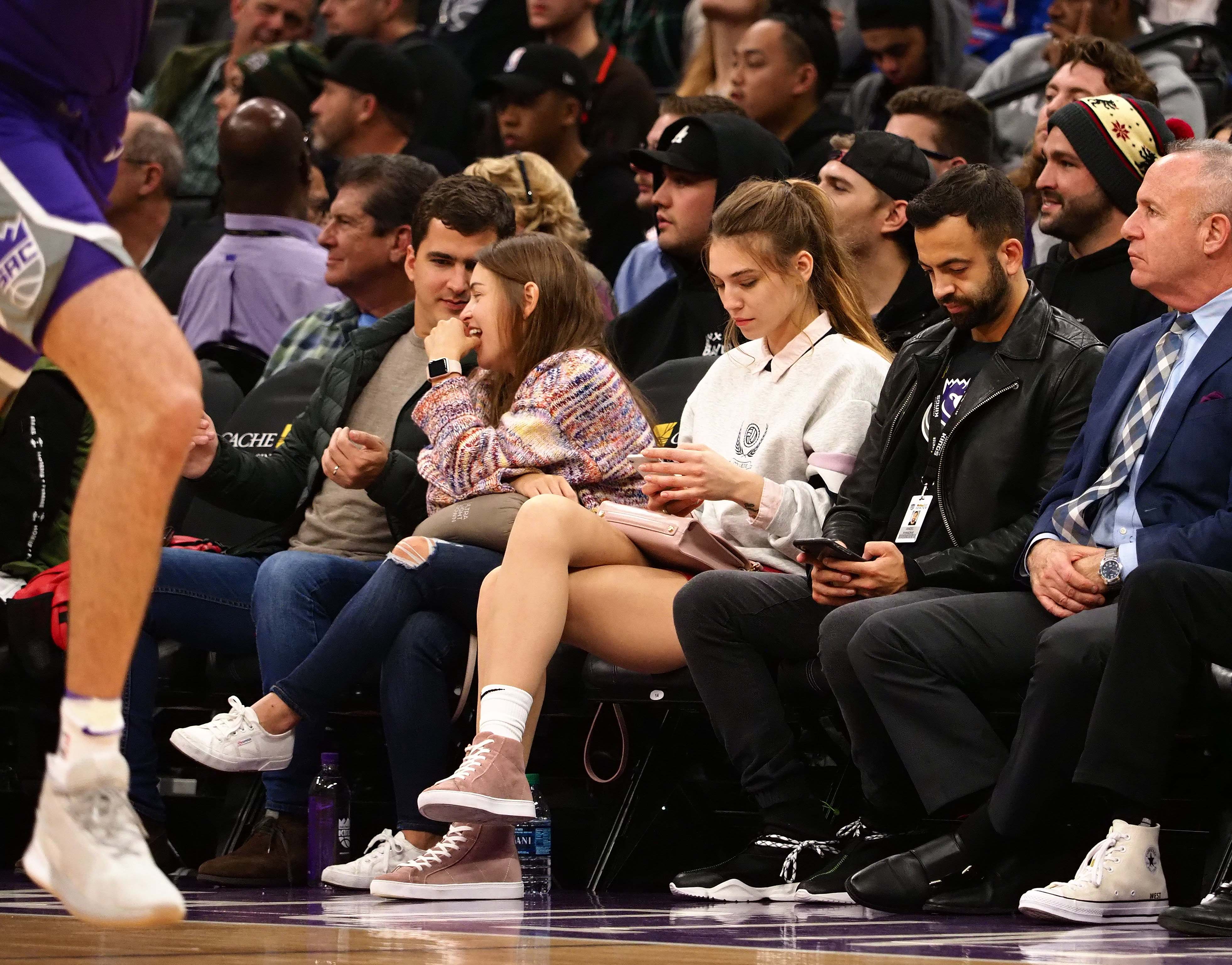

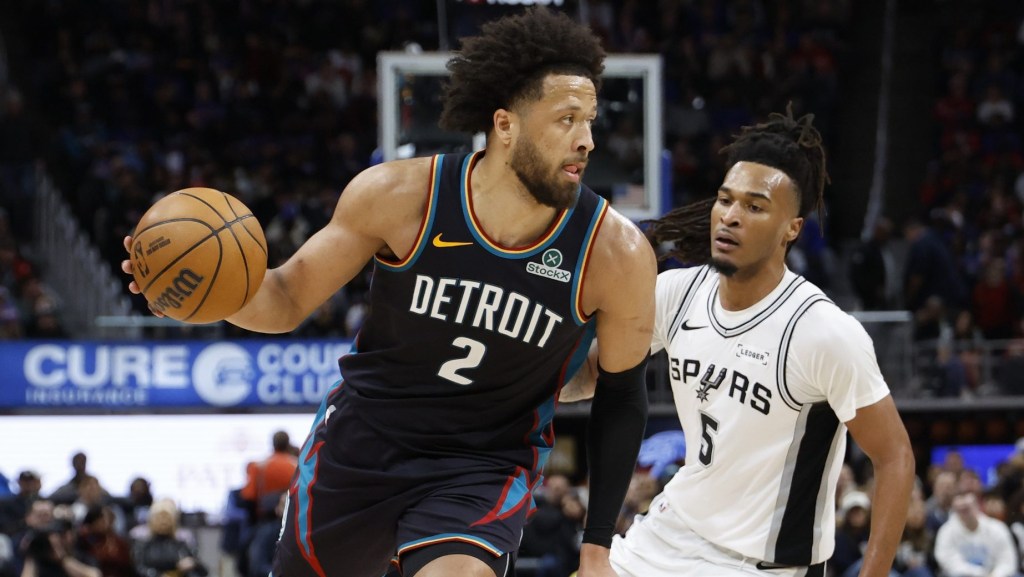
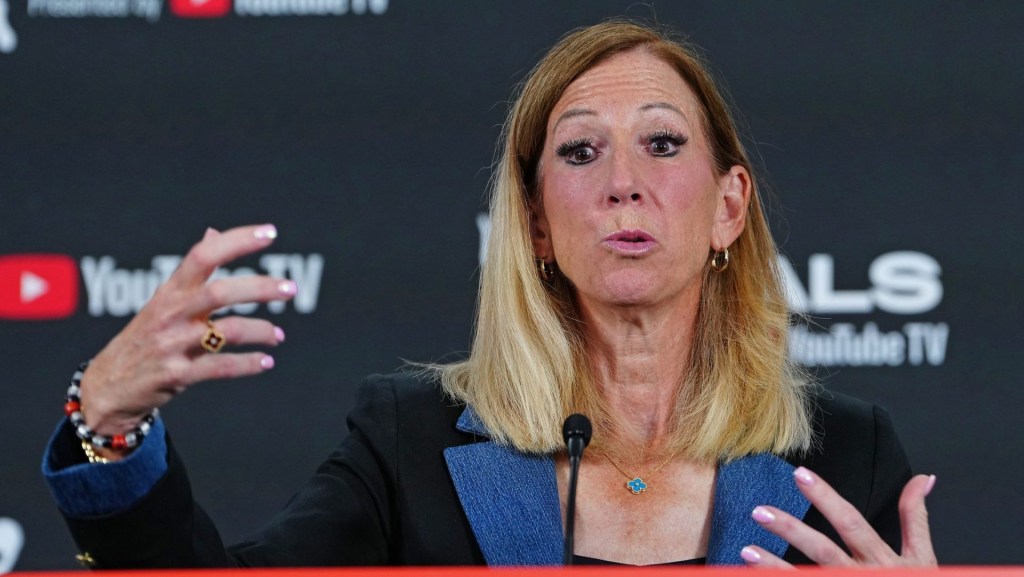


![[Subscription Customers Only] Jul 13, 2025; East Rutherford, New Jersey, USA; Chelsea FC midfielder Cole Palmer (10) celebrates winning the final of the 2025 FIFA Club World Cup at MetLife Stadium](https://frontofficesports.com/wp-content/uploads/2026/02/USATSI_26636703-scaled-e1770932227605.jpg?quality=100&w=1024)




